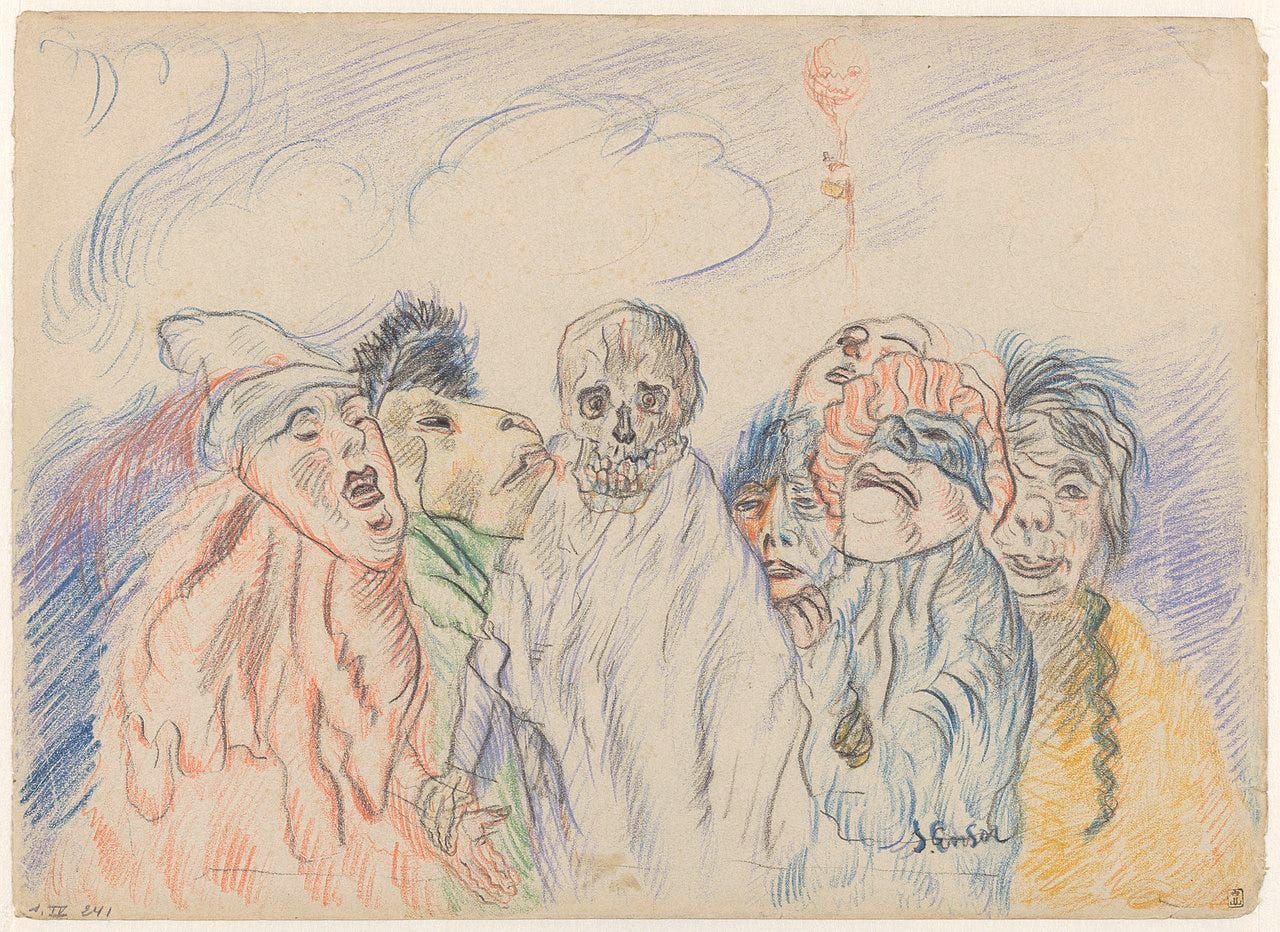I am always touched by the gallant audacity of a kitten
double star (robert heinlein, 1956)
Double Star (Robert Heinlein, 1956)
Bookshop links are affiliate links.
There’s a Tumblr post that lives on in my memory, but which I can never find when I look for it, where somebody sarcastically describes a certain tendency as people saying, basically, “normalize being normal.” In other words, you know, you feel a bit defensive about doing something “normal” and you make that other people’s problem.
“Normalize being normal” is also beginning to describe my mental relationship to Robert Heinlein, in the sense that he is this enormously popular and beloved writer who I nonetheless feel a bit dangerous for liking to read. I act about Heinlein like somebody who has discovered black lipstick exists: Oh, is this too much for you? Is this too much edge, mom?1


